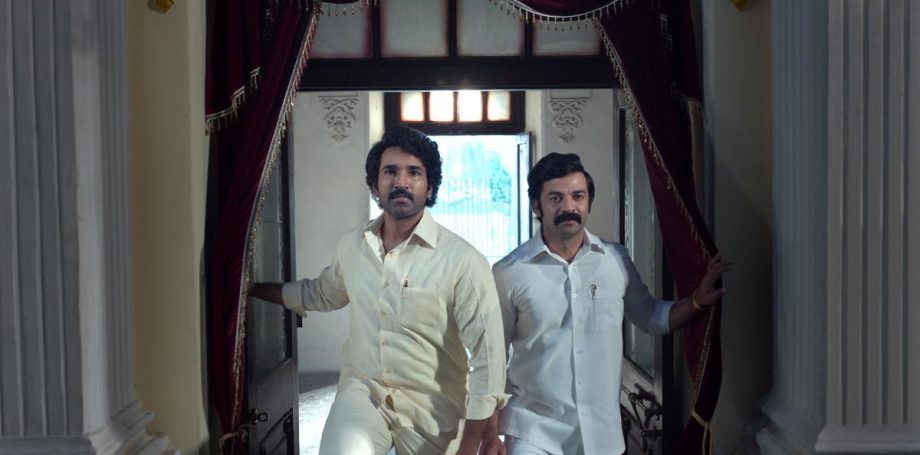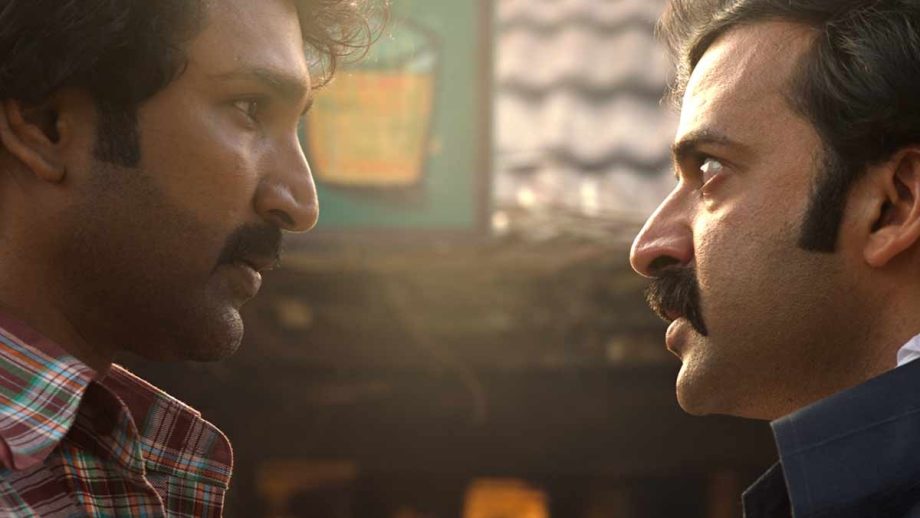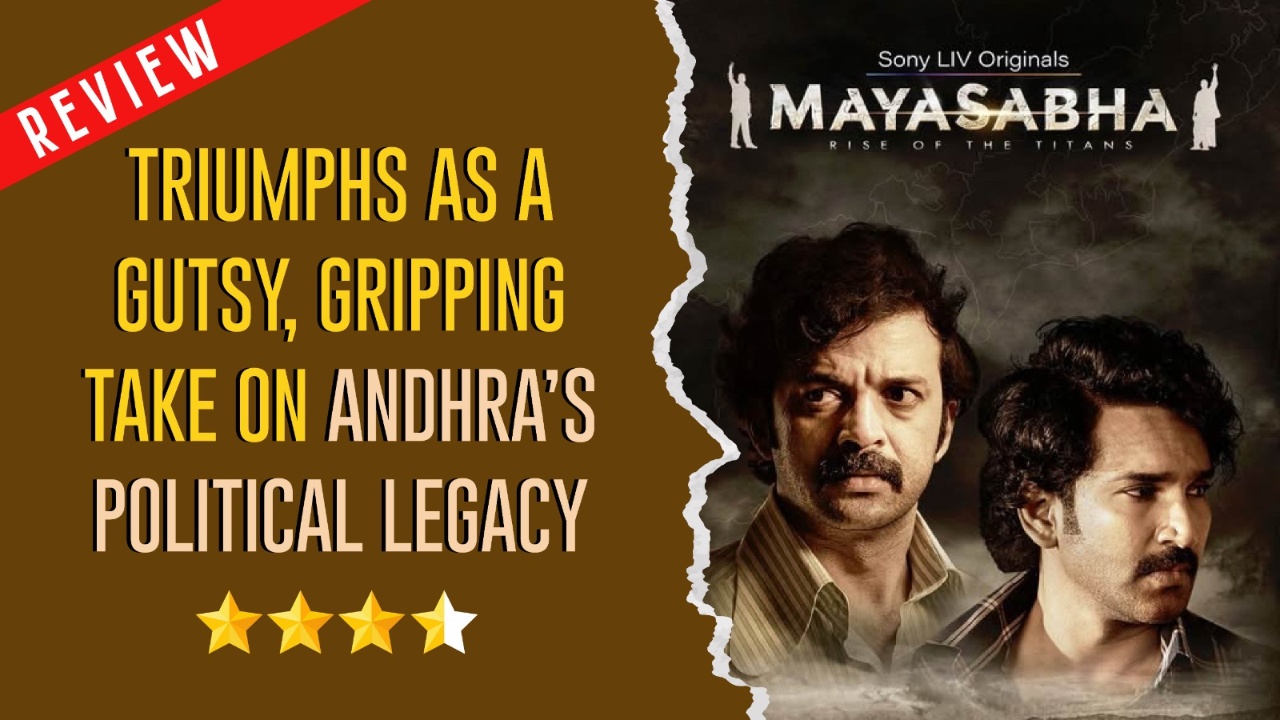With Mayasabha: Rise of the Titans, Vijay Krishna Lingamaneni and Sree Harsha, creator Deva Katta returns to political storytelling with renewed audacity, offering a sharply constructed, densely packed series that takes a fictionalised yet unmistakably familiar look at Andhra Pradesh’s tumultuous political landscape from the 1970s to the mid-1990s. Spanning nine episodes, the Sony LIV original doesn’t merely dramatise history; it engages with it, interrogates it, and at times, subverts it.
The series follows the intertwined rise of two central characters, Kakarla Krishnama Naidu (Aadhi Pinisetty) and MS Rami Reddy (Chaitanya Rao), whose individual ambitions begin in opaqueness but grow into formidable political orbits. Their origins are humble, though markedly different in social positioning: Krishnama, a tenant farmer’s son, seeks relevance beyond the rigidity of caste anticipations, while Rami, burdened by the violent legacy of his father, navigates his way through stigma and marginalisation. Their eventual alliance is not romanticised as brotherhood, but presented as a calculated convergence of interests shaped by occurrence and survival.

What heightens Mayasabha is its refusal to dilute the delicacies of regional politics. The show engages directly with caste as a structural force, not as a backdrop, but as an operating principle that governs access, loyalty, and legitimacy. Electoral politics, party machinations, and the patronage networks that underpin power are portrayed with snazzy specificity. The ideological veneer often associated with mainstream political dramas is stripped away in favour of a more grounded, procedural approach. The series seems far more interested in how power functions than in how it is justified.

Performances are uniformly committed. Aadhi Pinisetty as Krishnama played a phlegmatic character with the effects of slow metamorphosis into an image of a man who learns to exercise influence without losing his cynicism. The characterisation of Rami Reddy by Chaitanya Rao is a bit more reactive but equally convincing, usually representing the silent tension of a man aware of his limits within a system that was never meant for him. Divya Dutta, as Prime Minister Iravathi, gives a lofty performance that occasionally succumbs to slight theatricality yet maintains thematic coherence, especially in personifying the centralised power.
Technically, the series is modest in scale but efficient in its execution. The production design leans toward functionality rather than spectacle, which suits the story’s grounded tone. There are moments where the pacing slackens, and certain subplots are insufficiently developed, but the core narrative remains consistently engaging.
Mayasabha demands attention, and more importantly, context. For those with even a passing understanding of Andhra’s political history, it offers a reimagination of events that reshaped the region. For others, it still functions as a gripping study of political will, its construction, its corruption, and its consequences.
Mayasabha dares to aim higher in this context of surface-level storytelling, and for the most part, succeeds.
IWMBuzz rates it 3.5/5 stars.

